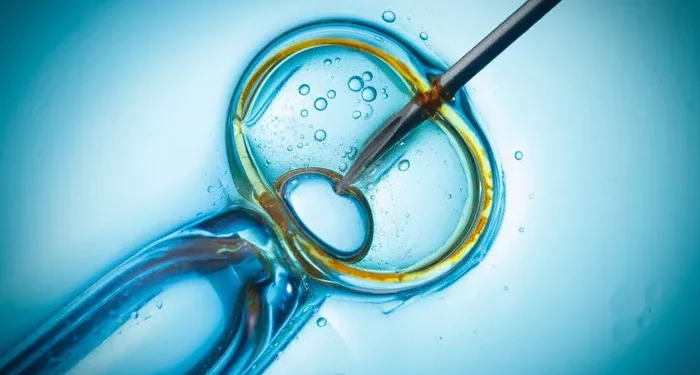Recent figures from the Human Fertilisation & Embryology Authority (HFEA) reveal a significant rise in the average age of individuals seeking fertility treatment, now exceeding 35. This marks an increase from the year 2000 when the average age was 33.
Concurrently, data indicates a sharp decline in NHS-funded IVF cycles, plummeting from 40% in 2012 to 27% in 2022. Contributing factors likely include the prolonged effects of the Covid-19 pandemic, extended NHS wait times, and the escalating cost of living.
The HFEA has issued a cautionary note, emphasizing that as age increases, the likelihood of successful IVF outcomes diminishes. The authority stresses the importance of early intervention, advising individuals to consult their GP and seek prompt referral to fertility services.
Julia Chain, Chair of the HFEA, highlighted that while IVF success rates are improving, the decreased probability of conception with advancing age underscores the need for timely treatment. She pointed out that the average age of first-time fertility patients is nearly six years older than the typical age for first-time childbirth in England and Wales.
Chain noted several factors contributing to this trend, including the pandemic’s adverse impact on NHS services, particularly in gynaecology, leading to delays in accessing fertility treatments. Additionally, rising living costs and reduced NHS funding for IVF are likely exacerbating the issue.
Justin Chu, Medical Director at TFP Oxford Fertility, echoed these concerns, attributing the drop in NHS-funded IVF cycles to stringent funding criteria and regional disparities. Chu also highlighted the pressures on NHS fertility clinics and the subsequent delays in patient referrals to IVF units.
He emphasized that for many women, NHS-funded IVF may be their only viable option, making early diagnosis and improved public awareness about infertility and miscarriage vital.
The data also shows a rebound in IVF treatment numbers, with an 11% increase in cycles between 2019 and 2022. Notably, the use of egg freezing has surged by 81% over the same period, comprising 5% of the total IVF cycles.
Related Links:



























